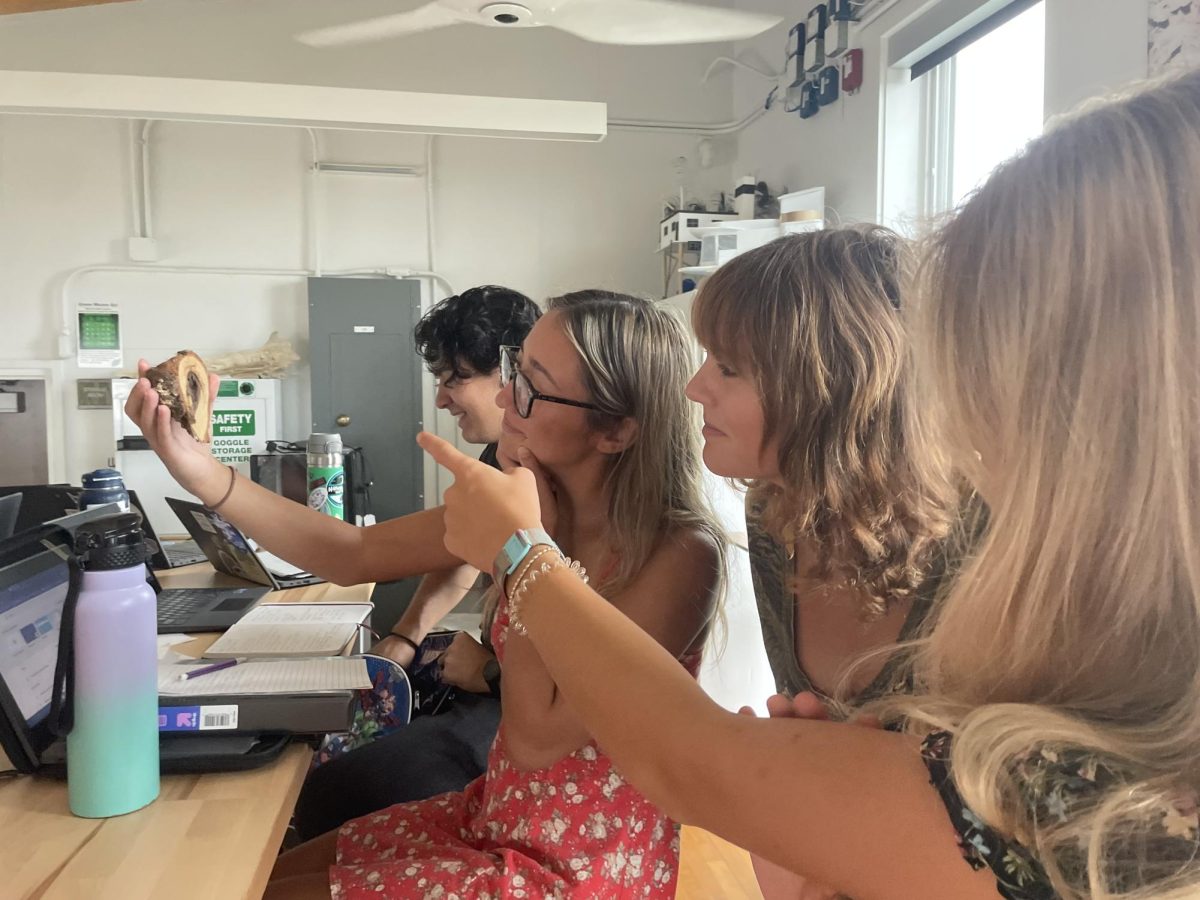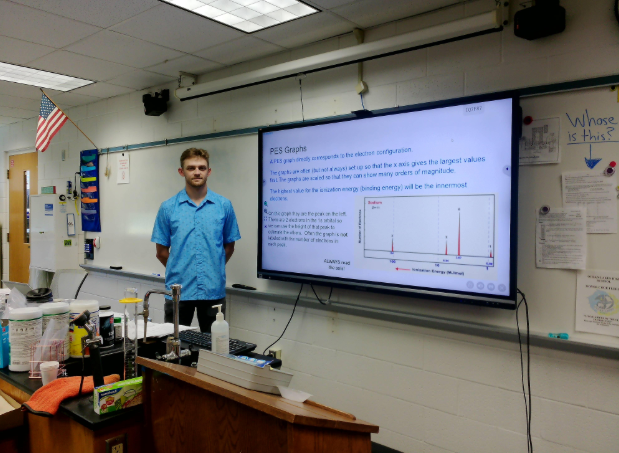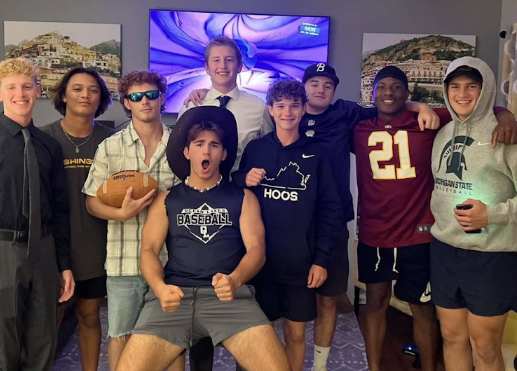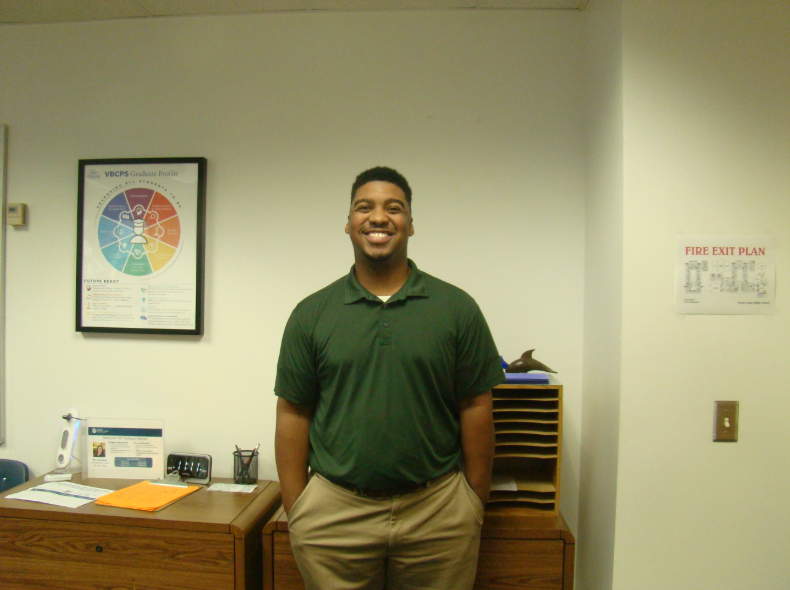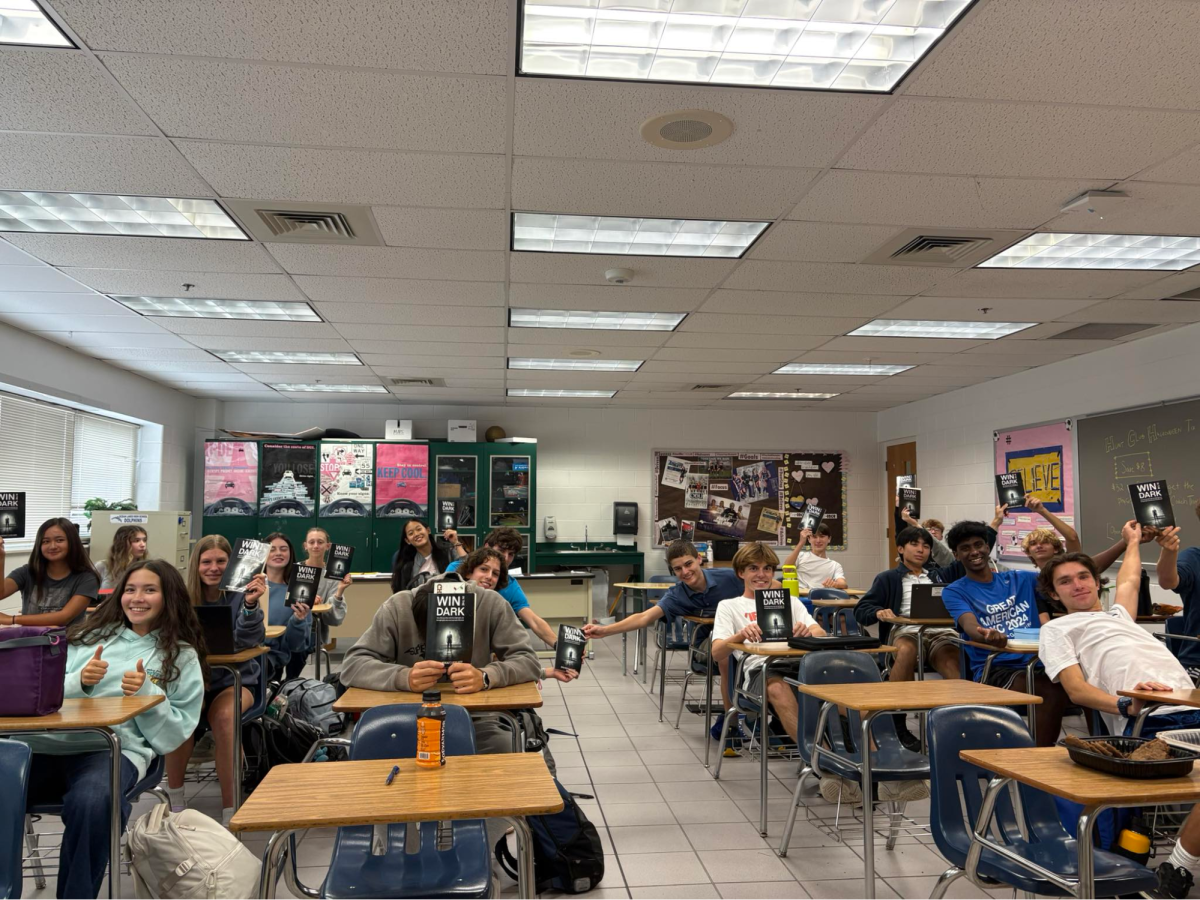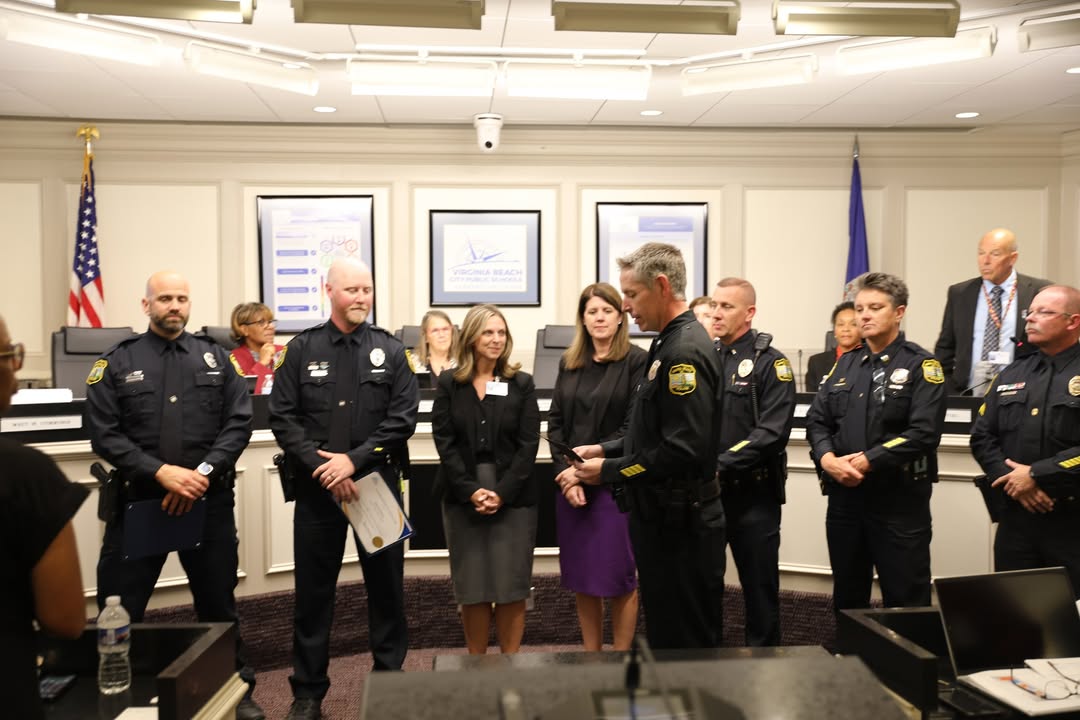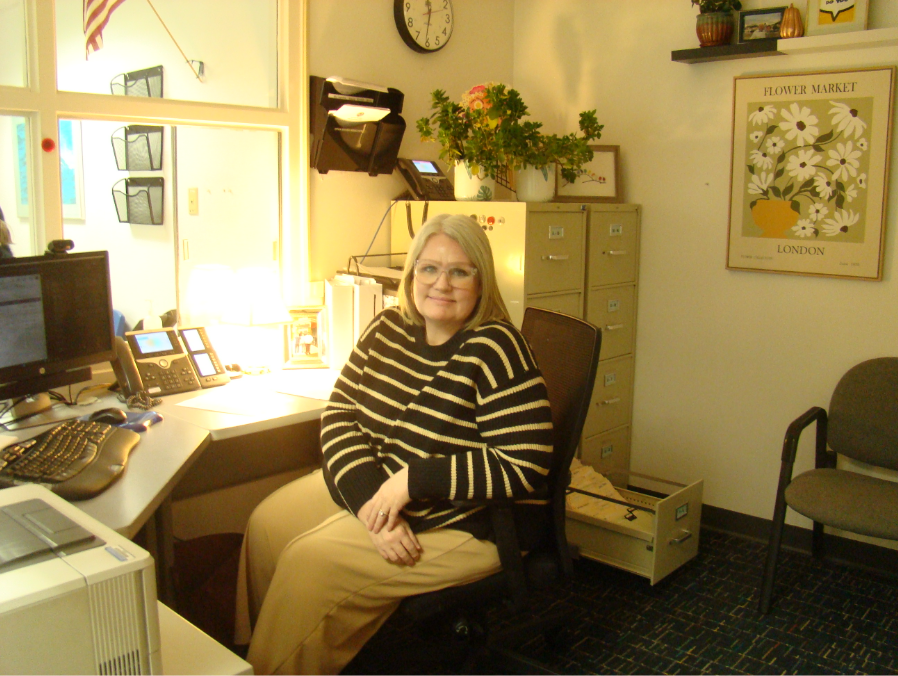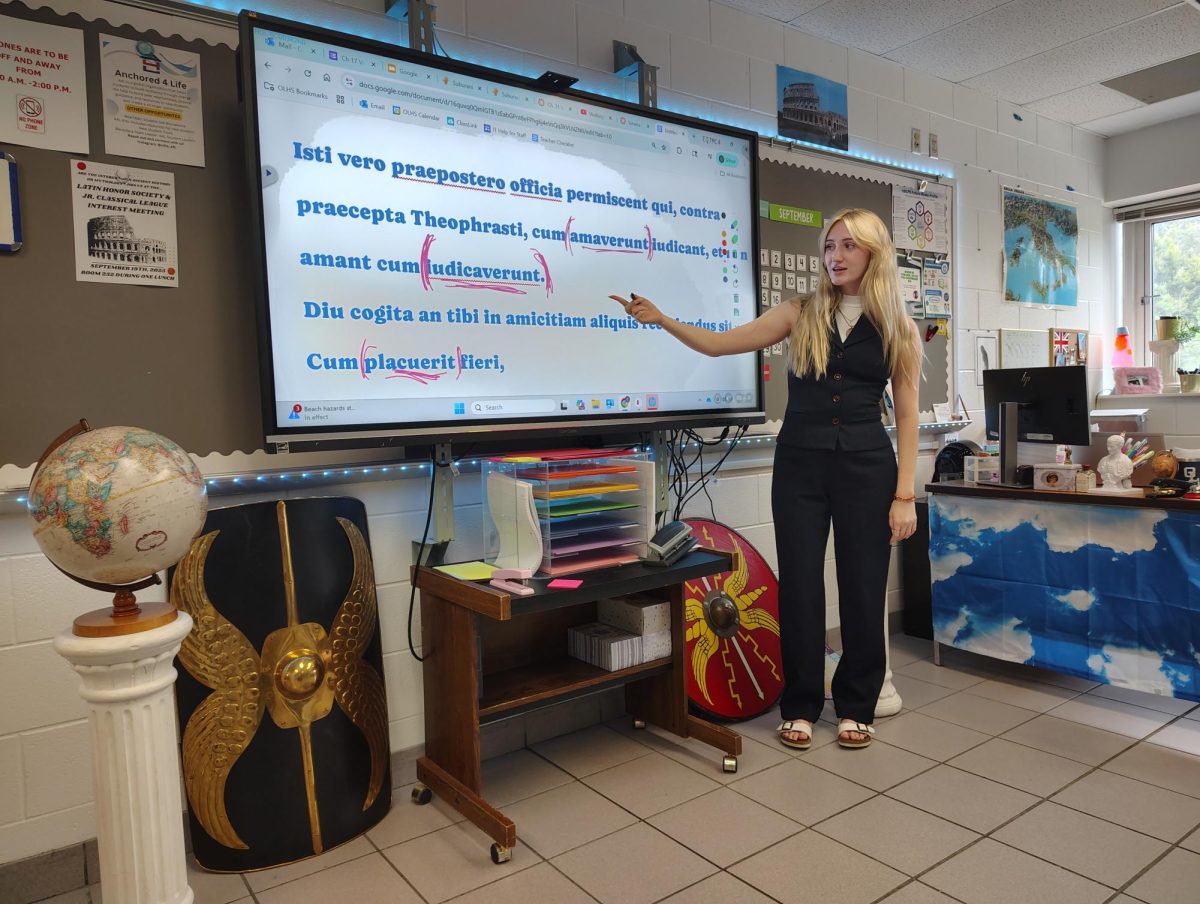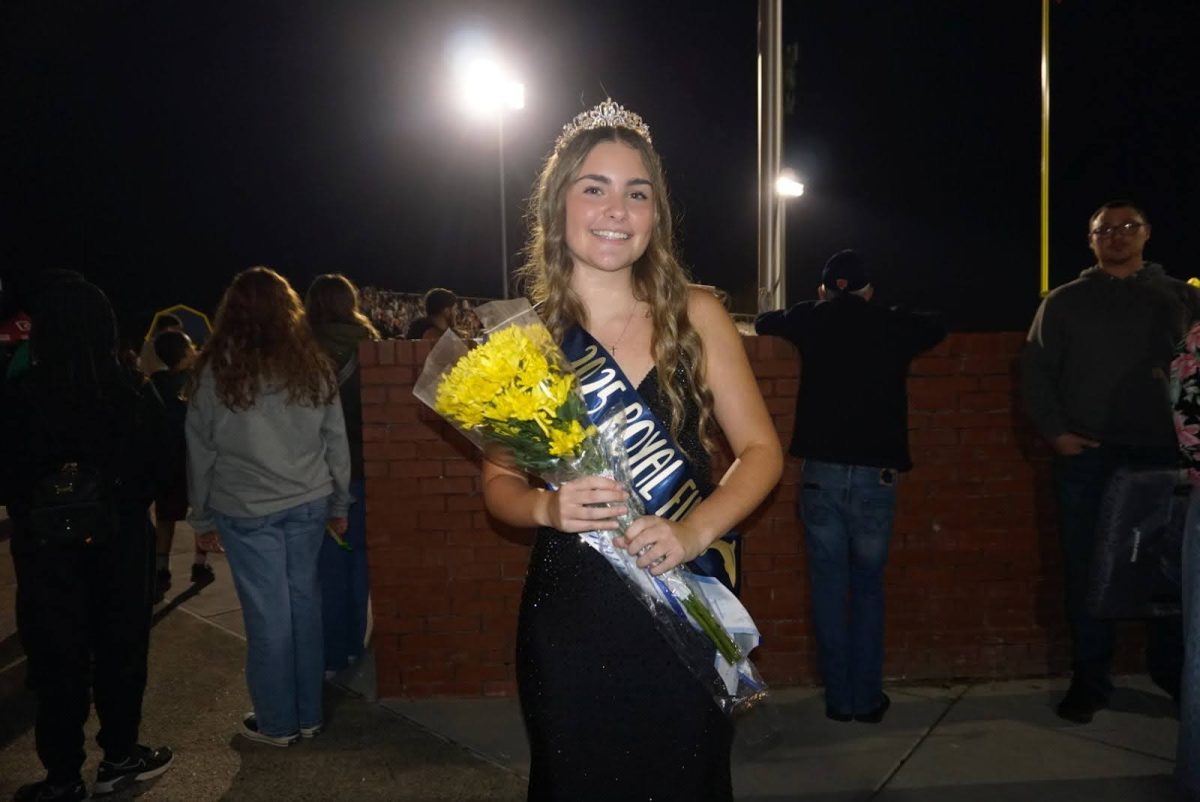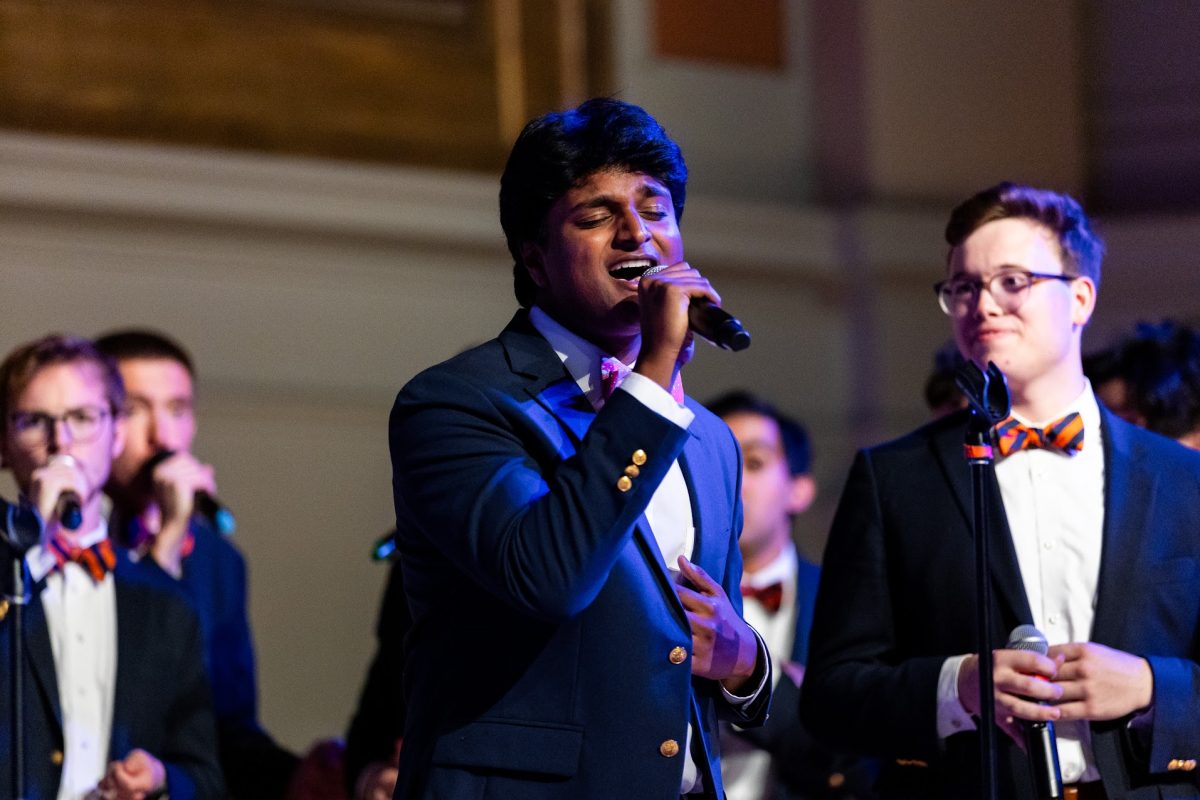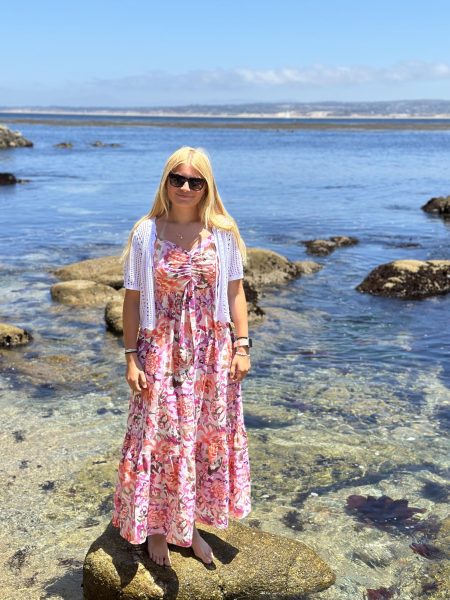What if school days didn’t always consist of four-walled classrooms and textbooks galore? What if classrooms were hands on, flexible or even outside? Imagine a day where classes embark on extravagant nature walks or create culinary masterpieces. This is exactly what half-day programs — hidden gems — offer to students every day.
Virginia Beach City Public Schools (VBCPS) offers four unique half-day programs: the Governor’s School For The Arts (GSA), the Advanced Technology Center (ATC), Virginia Beach Technical and Career Education Center (VoTech) and the Environmental Studies Program (ESP).
These programs open the door to new, career specific opportunities for VBCPS students. Students are either part of a morning or afternoon cohort, spending half the school day at their specialized program and half at their home school.
GSA
The Governor’s School of the Arts (GSA) program offers academic and visual arts experiences that aren’t normally available in a student’s home school. Within the program, there are six departments: Dance, Theatre and Film, Musical Theatre, Instrumental Music, Vocal Music and Visual Arts. Each class counts as a credit that shows up on a student’s final transcript.
“I’m in the Dance department, so I go to my regular school in the morning and then GSA in the afternoon. You have 2 classes a day, and the classes count for credit and affect your GPA, so it’s not just something extra,” junior Emilia McFarland said.
Each department creates a season of performances that are open to the public to showcase the hard work and dedication of students. Performances and exhibitions take place in professional atmospheres where students are exposed to real-life experiences backstage, on stage or in the gallery.
“I love GSA because it feels like a big community. Everyone is so nice, whether it’s a certain dance department or the whole school, and the teachers are super supportive, so it feels more like a family than a school,” Emilia said. ”I think it’s important for students to go to GSA because it helps you grow in your art and as a person.”
VoTech
VoTech offers specialized programs for upperclassmen that are interested in going into vocational training programs beyond high school.
“I attend VoTech for dental assisting, and when I first heard about it at a presentation, I thought it’d be a super fun opportunity that would benefit me for the future,” junior Emerie Stimmel said.
VoTech offers over 23 specialized programs, including carpentry, welding, culinary arts and even nursing. As part of the dental program, students like Emerie get the opportunity to participate in real-life simulations and are exposed to not just one job path in dentistry, but numerous different roles from dental receptionists to laboratory technicians. Each of the 23 programs focuses on creating real-life experiences and hands-on learning opportunities to prepare students for the workforce past high school.
“I think it can help students put themselves out there and take opportunities that they are able to have that can help them for the future after high school,” Emerie said. “It can also help students get licenses for jobs they can start right after high school is over.”
ATC
While ATC and VoTech share similar aspects, ATC hones in specifically on technological courses aimed more towards engineering. The center offers three strands of curriculum: Information Technology and Computer Sciences, Digital Design & Marketing and Architecture and Engineering and Manufacturing.
“A typical day at ATC is spent working on one of four yearly projects or taking notes on different disciplines of engineering, such as civil, structural or electrical engineering,” Math and Science Academy (MSA) junior Michael Blackmore said.
In fact, ATC offers students with unique opportunities to explore intricate machinery such as visual studios, as well as offers career specific certification programs, for example, Microsoft and Computer Technology Industry Association (CompTIA).
“Attending ATC gave me opportunities to earn multiple certifications, such as OSHA 10, solidworks CSWA and NOCTI pre-engineering,” Michael said. “Every student should have the opportunity to attend ATC for at least one year, especially if they are interested in engineering, because it gives you a strong base of knowledge, and you are constantly surrounded with likeminded people.”
ESP
Contrasting the emphasis on technological studies, ESP focuses on environmental studies and sciences. Students in this program take a multitude of classes that fulfill their science requirements, Advanced Placement Environmental Studies and Watershed Hydrology representing only a few of these classes.
MSA senior Reese Longwater is part of the morning cohort of the ESP located at the Joan Macon Brock Environmental Center. The Brock Center — an environmentally sensitive and smart building that is among the first in the nation to embrace energy and water independence — serves as a foundation for outdoor and hands-on immersive education.
“I think half-day programs like ESP provide students with unique opportunities to engage with those interests that they wouldn’t have outside of school,” Reese said.
No day ever looks the same at ESP as activities vary from nature walks to boat rides and even fly fishing excursions. All of these experiences could not take place within the four walls of a classroom, making these opportunities critical to expansion of student education.
“Often, students aren’t able to engage with specialized career paths in environmental fields until they leave school,” Reese said. “By attending this program, I’ve been exposed to forestry, environmental policy, oceanography and so many other subjects that I would have very limited exposure to in regular school.”
One unique characteristic of ESP is that each senior is required to complete an Ecosummit project that is usually accompanied by an internship throughout the year. This allows students to grasp real-world experiences in a workforce that they might become part of in the future.
“Even if [employers] are hesitant to take on high school aged interns or work with students, after hearing that I’m at such an environmentally specialized program, they are often eager to work with me,” Reese said.
Whether it’s identifying fish, sketching blueprints or performing renditions of Broadway musicals, specialized half-day programs provide remarkable opportunities for students outside their home school.

